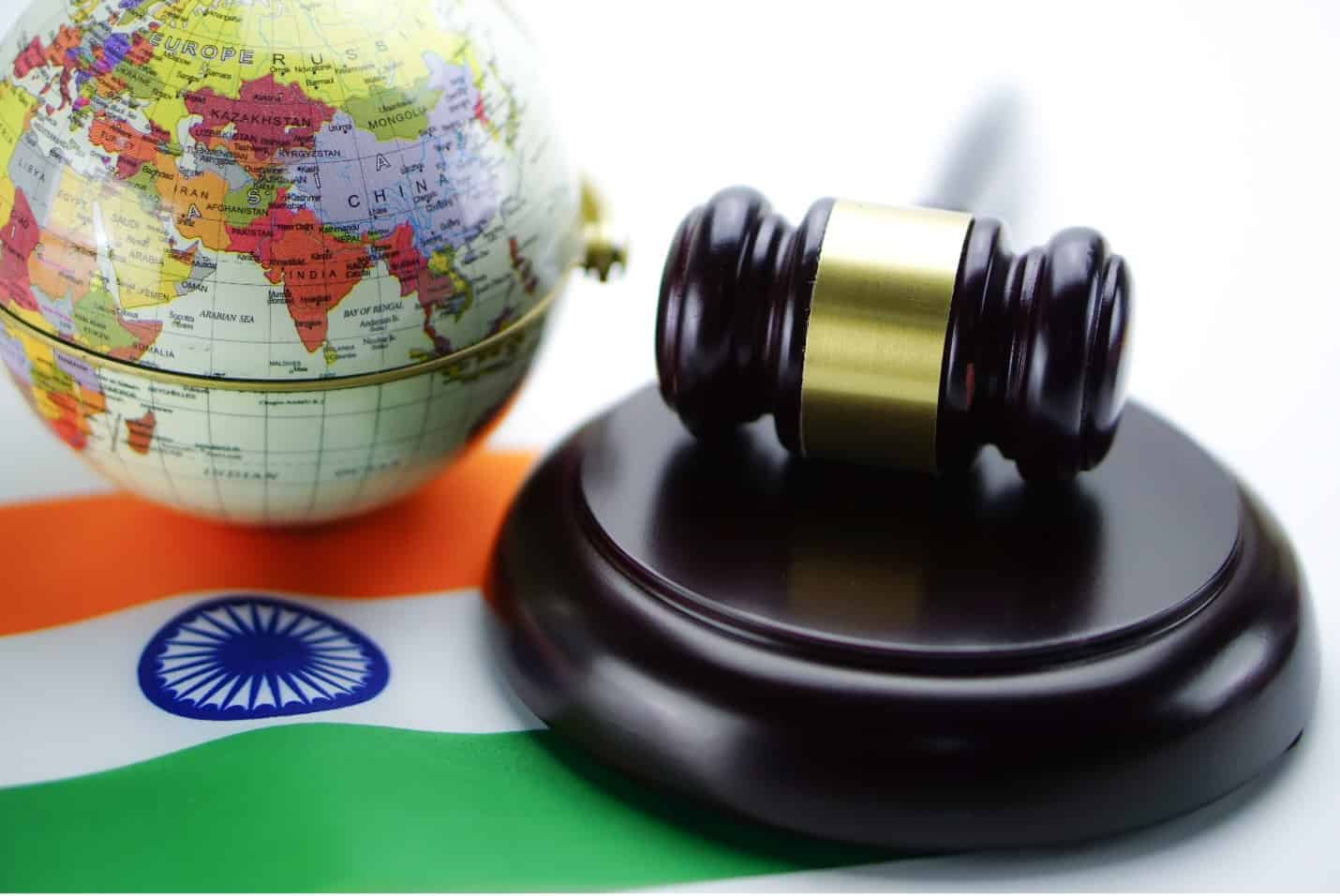The advent of the internet has provided several benefits for populations worldwide. Combined with technological advancements, the world wide web has become fertile ground for the growth of business, communication, entertainment and educational opportunities.
While it is easy to sing the praises of such developments, the freedom the internet presents us with also has its downsides with regard to being a playground for more unscrupulous actors to take advantage of unsuspecting consumers as a result of there being no central authority as such both within India and globally.
There are gray areas too. One such sector is the online gaming industry. Online gaming experienced a huge surge in interest during the COVID-19 pandemic when people were forced to retreat into their homes and away from public spaces such as entertainment venues. According to research carried out by KPMG, more than 43 crore Indians have indulged in gaming-related activities online.
To understand how a lack of regulation within online gaming presents problems for Indian society, however, we need to begin by getting to grips with the broad and complex nature of this industry.
The Complex World of Online Gaming
When we speak of online gaming, we could be referring to many things. This catch-all term covers everything from fantasy games and sports games to casual games and online gambling.
The problematic nature of gambling addiction is well documented. While many of these products provide users with endless fun without any substantial risks, when money is involved, things become more complex with potential dangerous consequences. So the fact that the online casinos can operate without strict regulations presents significant risks for vulnerable people.
Games of Skills vs. Games of Chance
Yet there’s one main bone of contention regarding the online gaming industry: its legality and the criteria determining this. Consequently, this brings with it several gray areas. On the one hand, there are games of skill, which are permitted in the majority of the country’s regions. These require some type of physical or mental strategy for players to win. On the other hand, there are games of chance, which heavily rely on luck and rolling the dice.
Moreover, if winning real money is at stake – which many a time is the case – playing such games is categorized as gambling and thus considered illegal. If you look at IndiaCasinoClub, you will only find online casinos offering real money casino games. No matter what they say about skill being employed, it is not.
From this, we find that debates will arise with regard to the legitimacy of online gaming. In most parts of India, you’ll find that games of chance are deemed to be unethical and illicit as they are regarded as a form of gambling. However, because gambling isn’t legislated at the country-wide level, you also find that there are some states which have placed restrictions on games of skill as well.
The Complex Nature of Managing Gambling-Related Activities in the Age of The Internet
With the internet being such an unregulated space in general, the nature of gambling addiction and the measure that can be implemented. Firstly, any regulation needs to take account of the black market that exists thanks to the advent of crypto-currencies.
Furthermore, without proper rules in place, players have been able to indulge in the practice of match-fixing. Moreover, the anonymity provided by the internet also allows for the rise of underage gambling.
There are also more general concerns about the impact of increased screen time, especially on the youth. There are indicators that show that young people are vulnerable and can become compulsive gamers. Therefore, addictions of this sort have the time don’t just have the potential to affect the individual but society in general as well.
Intellectual Property Concerns
Beyond the overarching problem related to the addictive nature of gambling-related activities, an issue unique to the world of online gaming concerns the violation of intellectual property rights related to imagery, the names of famous sports players and team logos. This isn’t an issue that is restricted to India. At the global level, too, you’ll find there is no clarity over intellectual property regulations.
Looking To The Future
It is abundantly clear that online gaming industry regulation is in desperate need of a comprehensive shake-up. While we were hopeful that there would be some announcements in the Union Budget that would act as a catalyst for regulation, this was sadly not the case.
The reality is that the online gaming industry has the potential to provide lucrative gains for the Indian economy, but this can only truly happen with proper management and regulation. According to KPMG, the industry is expected to service around 66 crore users by 2025, which has significant implications regarding revenue generation and job creation. Furthermore, this dynamic sector will also likely attract a great deal of Foreign Direct Investment (FDI).
At the end of the day, while it is apparent that there is an urgent need for draconian regulations with regard to online gaming activities, this doesn’t necessarily need to stand in direct opposition to progress. If the sector is properly managed, it will be possible to overcome the regulatory clutter that we are currently experiencing while simultaneously protecting all parties and taking advantage of the economic potential of the online gaming world.
Content Produced by Indian Clicks, LLC
Tags Online Gaming Market Online Gaming Sector
 Gulte Movie News And Politics
Gulte Movie News And Politics

















